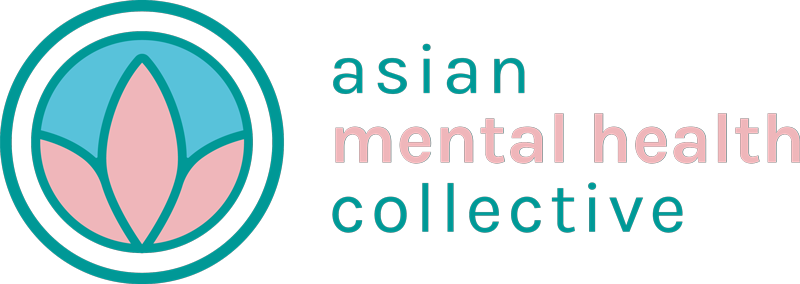TW: r*pe, emotional abuse, grief
A major catalyst for both my life’s work and my own mental health journey was being r*ped twice within one year both abroad in Hong Kong and in Illinois. Two different people within the Asian diasporic community had harmed me; these two events within months of each other affected my everyday life still to this day. For months on end, I felt numb when it came to my own emotions. I was in a very deep, dark fog for a while because of the emotional abuse that my abuser put me through. For a while, certain Facebook groups didn’t feel safe because this person was there. I thought I had deserved this; goodness felt odd, well to be honest holding goodness still feels strange to me. I felt shame around the fact that others had harmed me twice. I blamed myself for months on end; I even had trouble telling my college best friend about both instances where I was violated. I self-sabotaged myself and my connections till I got help last July. Last July, I had clicked with a queer East Asian American woman therapist, who has been by my side since.
Within the two cultures I live between, silence remains a commonality. From unpacking my own survivorhood, I realize our families not only tend to have silence around mental health, but also sexual violence. From these experiences, I also understood how intra-community harm creates silence especially as I didn’t want to hold these people accountable at first because they’re part of my community. I was afraid to hold them accountable because of the stigma of coming out as survivor, the shame of the harm itself, and not being believed. This complicated feelings around my own community for such a long period of time, but I think in the long run transformative justice work will hold our community accountable.
I live with CPTSD, anxiety, and depression; quarantine has been far from easy for me as a survivor. I still have shame around how my abuser manipulated me, how my unchecked trauma spilled out into other meaningful connections I have, and affected the ones I hold close to my heart. Honestly, I grieve the parts of myself that are now transforming into something that serves me best. Lately, I’ve been addressing my own internalized ableism, the shame I still hold in regards to my own unchecked trauma, and internalized messages of “not being good enough” that I had grown up with. The silver lining in the harm that happened to me is that now I get to empower other Asian American Pacific Islander women and femme survivors to take space for themselves, voice the harms they’ve been through, and move forward in ways that serve them best. I envision API women and femmes no longer biting their lips if they wish to disclose who harmed them, transformative justice work for survivors if they choose to engage, and trauma-informed folks. By transforming ourselves, we transform our homes and communities.

